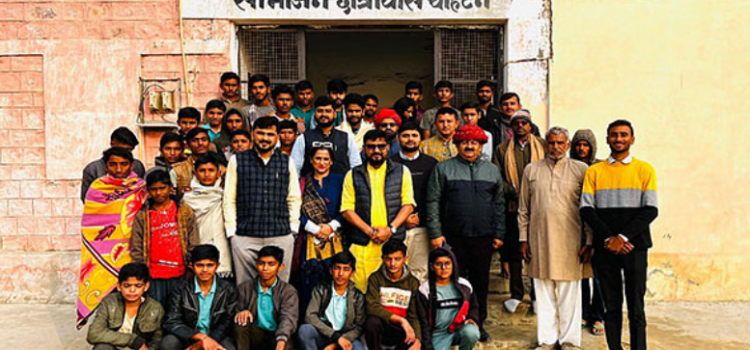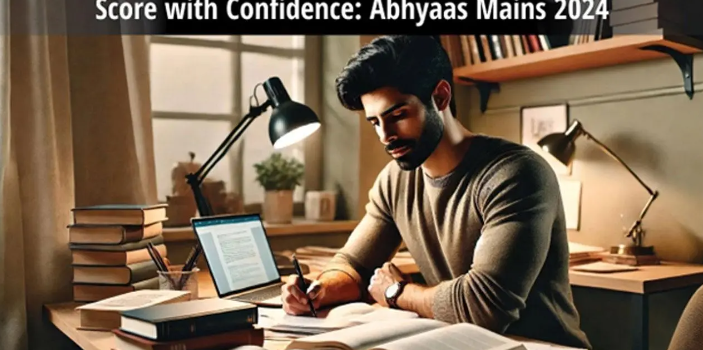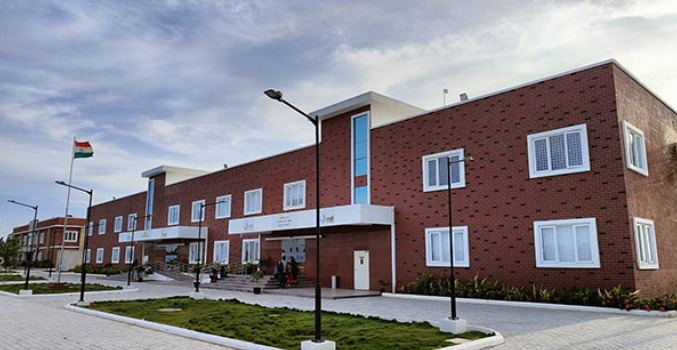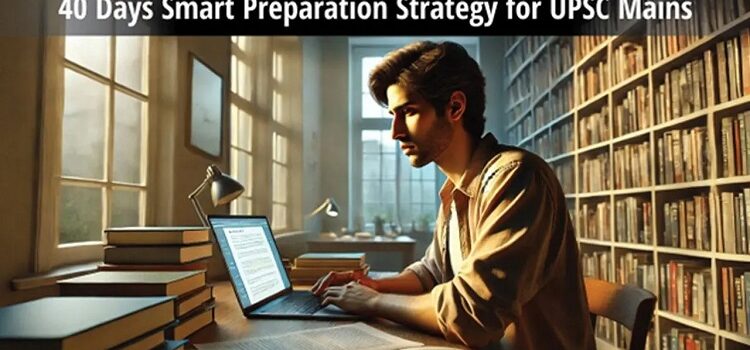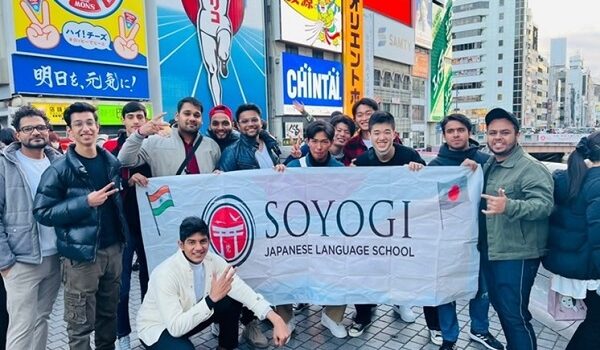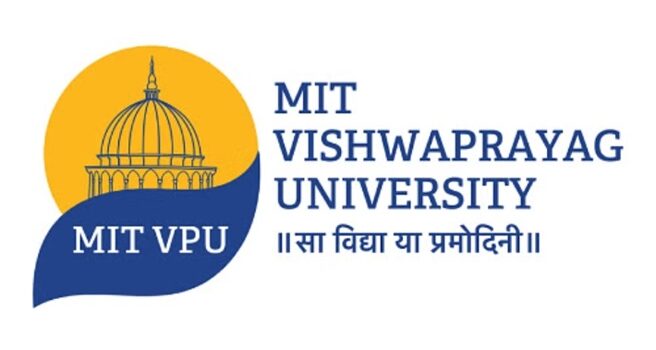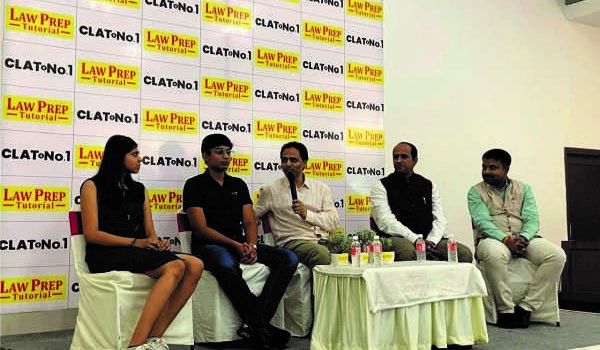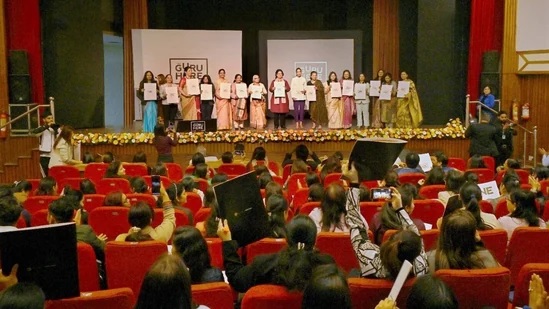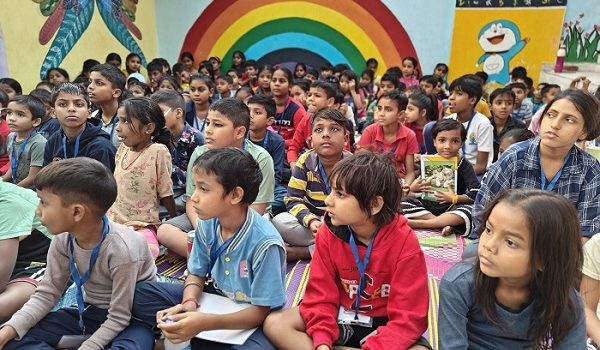Sri-Ganganagar (Rajasthan) [India], December 30: The Seema Vandan Yatra, a pioneering initiative aimed at rejuvenating India’s border villages, concluded its first phase on December 27, 2024. This transformative journey, led by Nachiket Joshi, Entrepreneur, Philanthropist & Convenor of Manthan, Seema Jagran Manch, the Campaign on Rejuvenation of Border Villages, witnessed a remarkable exchange of ideas, collaboration, and community engagement.
Commencing from Somnath, Gujarat, on December 19, 2024, the Yatra traversed through several key border villages across Gujarat and Rajasthan. The route included Somnath, Porbandar, Dwarka, Jamnagar, Mandvi, Lakhpat, Tharad, Kelnor, Karamwala, Kishangarh, Pokhran, Longewala, Nachana, amongst other places along the route and culminated in Hindu Malkot, Sri-Ganganagar, Rajasthan. The initiative focused on understanding the challenges and aspirations of these resilient communities while celebrating their cultural heritage and contributions to national pride.
The Yatra explored the lives of residents in coastal villages, observing traditional livelihoods such as fishing and understanding their deep-rooted connection to the sea. Participants were inspired by their resilience and the meticulous practices honed over generations, which reflect the spirit of coastal and border communities. The team visited schools, interacted with children to inspire and understand their aspirations, and stayed in homes within the villages, gaining first-hand insights into the daily lives of border residents. Communities were felicitated for their resilience and bravery in living on the first line of defence, highlighting their pivotal role in safeguarding the nation.
On December 25, the Yatra paid tribute to former Prime Minister Atal Bihari Vajpayee on his birth anniversary in Sonu Gram Panchayat, Rajasthan. The event featured heartfelt remembrances of Vajpayee’s leadership and an inspiring dialogue with village leaders to chart a path for sustainable development, emphasizing education, healthcare, and grassroots empowerment.
The Yatra also included meaningful engagements with religious leaders and members of the Border Security Forces (BSF), recognizing their pivotal contributions to maintaining harmony and security in these sensitive regions. Their insights and support underscored the critical importance of unity and collaboration in driving development and national pride.

Nachiket Joshi, remarked, “The Seema Vandan Yatra has been a journey of gratitude and purpose. Our border villages are not just geographical boundaries; they are the soul of our nation, rich in spirit and potential. Together, we will translate these aspirations into actionable development”, he further added, “Honourable Prime Minister Narendra Modi has been instrumental in bringing attention to the significance of border tourism. This initiative aligns with his vision to not only strengthen the infrastructure in these regions but also celebrate their cultural and historical richness, fostering pride and unity across the nation.”
One significant observation during these interactions was the migration of families in search of better opportunities, reflecting their aspiration for growth and progress. This presents a valuable opportunity to channel efforts toward creating sustainable solutions that enhance local infrastructure, generate livelihoods, and ensure these vibrant communities can thrive while preserving their unique cultural and geographical identity.
The initiative garnered active participation from a diverse group, including NGOs such as Wey We Empower You Foundation, Prakruti Environmental Protection and Research Centre, and RC Dalal Trust. Volunteers like Rishi Goswami and Bibhanshu Baibhav, interns with a deep passion for social impact, also contributed significantly. Additionally, the Yatra was joined at various stages by notable individuals, including Senior Advocate Devendra Saini (Supreme Court), Professional Ishita, Dr. Panav Manek, Assistant Professor Jagdish Bishnoi, Narendra Bishnoi, and others from academic and professional spheres. Their collective engagement highlighted the strength of collaboration in driving meaningful development and transformation.
Reflecting on the Yatra, Shirin Udhas Aggarwal, Founder-Director of Wey We Empower You Foundation, shared, “This journey was an eye-opener to the immense potential of our border villages. Their strength and spirit inspire us to work collectively toward sustainable development and a brighter future.”
By covering critical border areas, the Yatra highlighted the unique challenges and opportunities present in these regions. As the first phase concluded on December 27, the Seema Vandan Yatra left behind not only plans for infrastructure, education, and healthcare but also an enduring spirit of hope and national pride. It sets the stage for sustained efforts in transforming border villages into thriving hubs of progress and unity.


